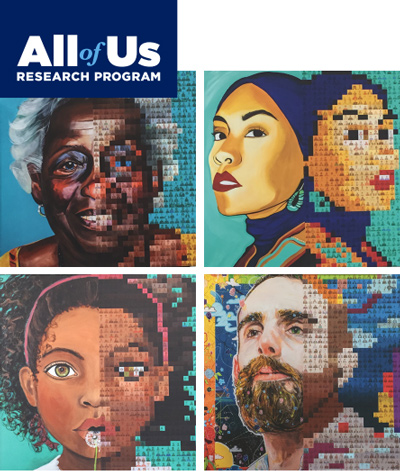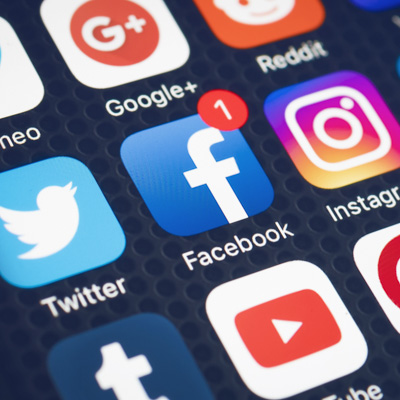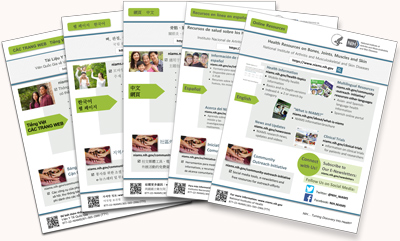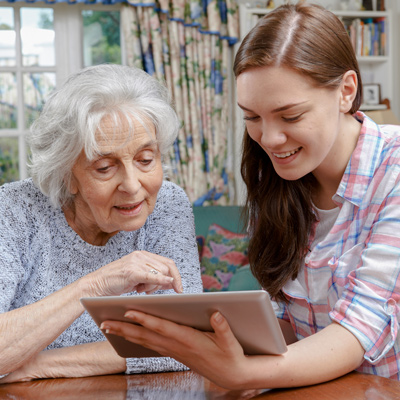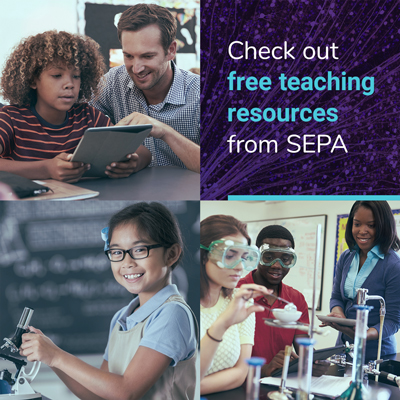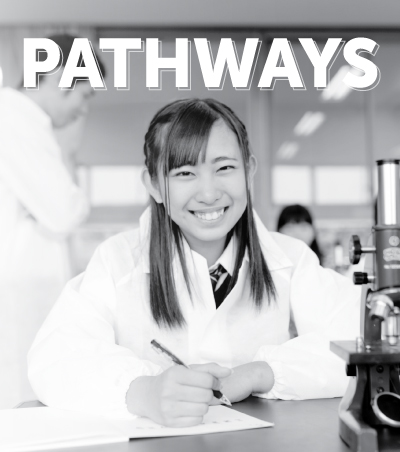News and Events
Creating a Research Program for All of Us
The All of Us Research Program recently celebrated the one-year anniversary of its national launch with the mini-symposium From Data to Discoveries: Creating a Research Program for All of Us.
The event featured a series of talks that identified the building blocks of a meaningful research program, including an engaged and diverse participant community, and forecasted the program’s scientific possibilities. You can view the full videocast here.
Also at the event, the program introduced the beta version of the All of Us Data Browser, an interactive tool available to the public that provides summary statistics from its growing database, with information from participants’ surveys, physical measurements and electronic health records. In order to protect participant privacy, the data is limited to aggregate counts and summary demographic information for medical concepts, survey responses and physical measurements.
All of Us, a program of the National Institutes of Health (NIH), is a historic effort to gather longitudinal data from one million or more people living in the United States. Its mission is to accelerate health research and medical breakthroughs, enabling individualized prevention, treatment and care for all. By considering individual differences in lifestyle, socioeconomics, environment and biology, researchers hope to uncover paths toward delivering precision medicine. Learn how to join the program here.
Featured Resources
Explore New Social Media Tools From NIAMS
Social media can be a powerful way to reach your target audiences. Check out the new NIAMS Social Media Resources page for effective health messages related to bones, joints, muscles and skin to share with your community.
Now it’s even easier to use social media to positively influence the people in your community to take practical steps toward a healthy lifestyle. The page, available in English and Spanish, features a carousel of shareable graphics and content that link people to reliable health information from NIAMS. Simply scroll through the content options, choose the graphic you want and click “share this” to post it on your favorite social media channels!
Promote Healthy Communities With New Multilingual Flyers
Reaching people in a language they understand is essential to improving access to reliable health information. The NIAMS has created a new series of downloadable flyers available in English, Spanish, Mandarin, Korean and Vietnamese that list relevant, shareable and mobile-friendly resources related to bones, joints, muscles and skin.
Check out other shareable resources on the NIAMS Community Outreach Initiative page.
Health Information for Women
Certain diseases – such as osteoporosis, lupus and fibromyalgia – affect more women than men. Encourage the women in your community to make their health a priority. Help them understand the steps they can take to improve their health by visiting our Health Information for Women page and sharing free resources that explain how to stay healthy and manage conditions that affect the bones, joints, muscles and skin.
Are Health Apps Reliable? That Depends…
There are thousands of mobile apps and websites that provide health information. Some are trustworthy; others are not. Here are some facts you can share to help others be aware of potential problems with online health content:
- The content of most apps is not written or reviewed by medical experts. It may be inaccurate and unsafe. In addition, the personal information you enter when using an app may not be secure.
- Little research exists on the benefits, risks and impact of health apps, such as the many mindfulness meditation apps that are now available.
- It’s not always easy to know what personal information an app will access or how it will store your data.
For more information on how to find and evaluate online resources, visit this page from the National Center for Complementary and Integrative Health.
Some reliable health apps created by government agencies can be found by visiting:
U.S. National Library of Medicine
Centers for Disease Control and Prevention
Free STEM Resources for the Classroom
The NIH-supported Science Education Partnership Award (SEPA) program funds innovative science, technology, engineering and math (STEM) and informal science education projects for children and teens in pre-kindergarten through grade 12. By encouraging interactive partnerships between biomedical and clinical researchers and educators, schools and other interested organizations, SEPA provides opportunities to:
- Motivate students from underserved communities to consider careers in basic or clinical research.
- Foster professional development skills and knowledge building for science teachers.
- Improve community health literacy.
Find free, easy-to-access, SEPA-funded resources that educators can use to engage their students in science.
Learning Science Can Be Fun
The NIH's National Institute of General Medical Sciences and Scholastic, Inc., have collaborated to create Pathways, a collection of free resources that teach students about basic science, its importance to health and research careers that students can pursue. Designed for grades 6 through 12, Pathways provides educators with a student magazine (available as a PDF) and corresponding teaching guide, as well as related lessons with interactive activities and videos. Find all these materials on the Pathways website.

